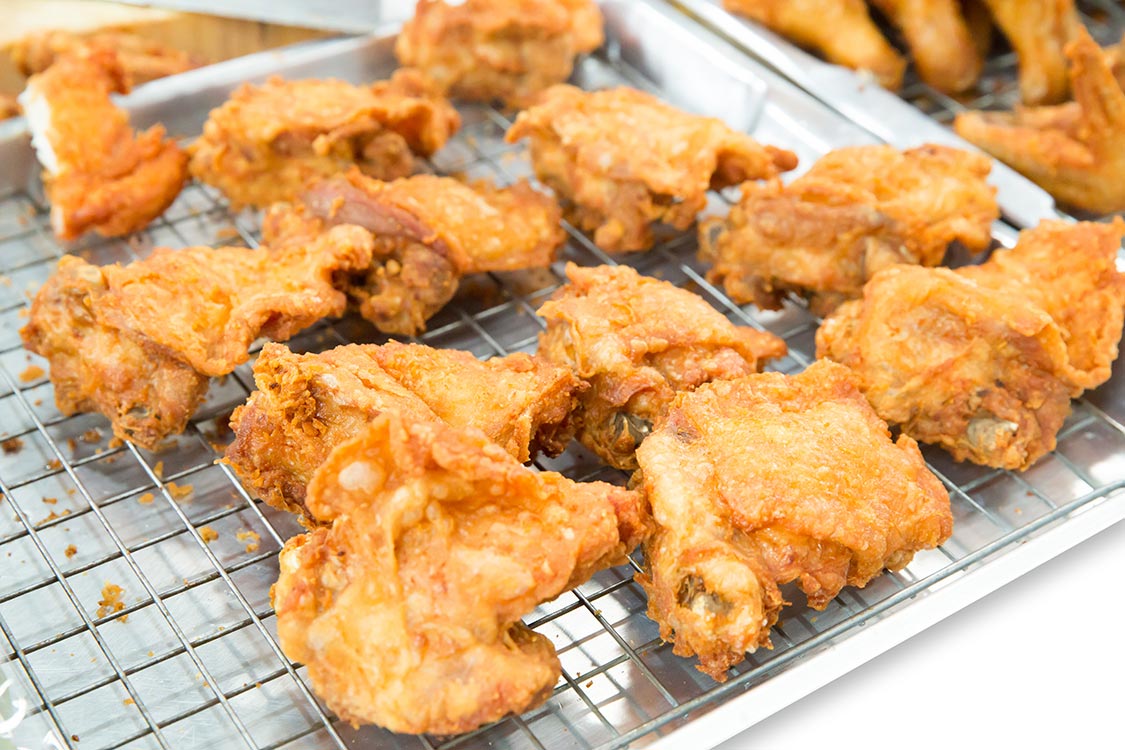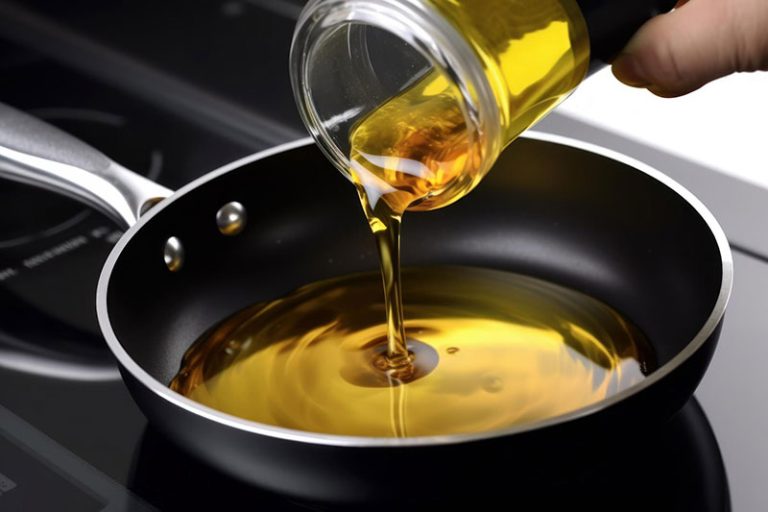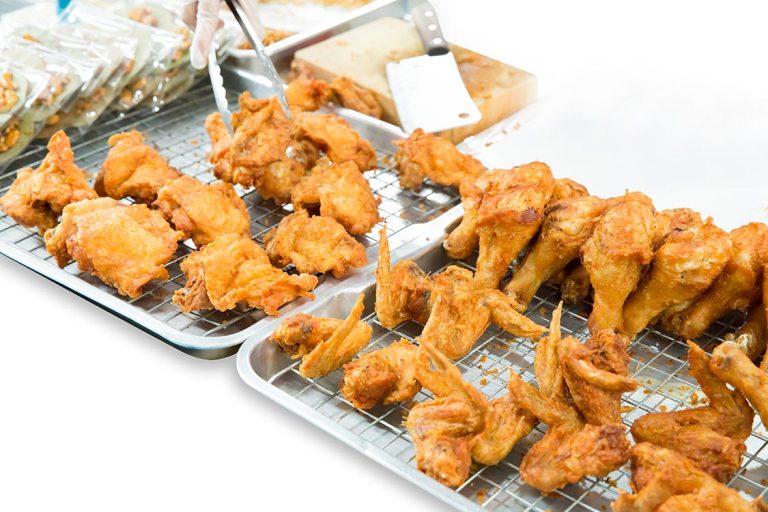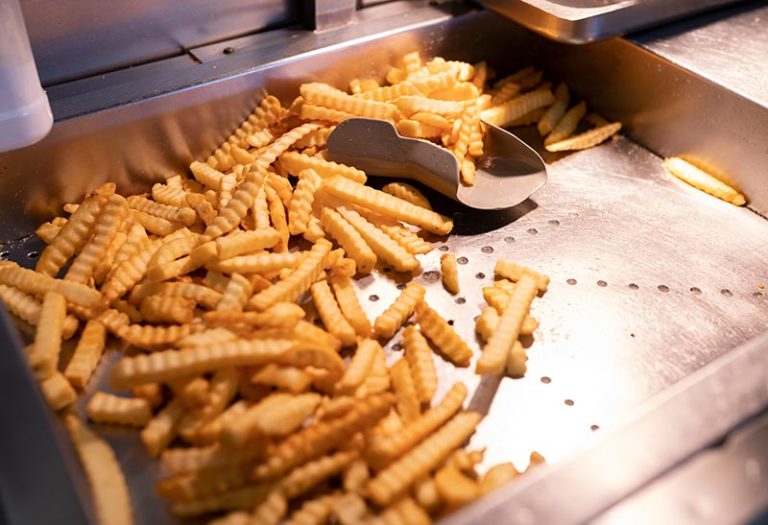The Future of Oil Collection: Innovations You Can Implement Today
Redefining Waste Management in Commercial Kitchens
The restaurant industry is evolving rapidly, and waste management is no exception. From smart sensors to AI-driven optimization, the latest innovations in oil collection systems are making kitchens safer, greener, and more efficient. While Longview Environmental doesn’t provide these technologies directly, we aim to help restaurant owners stay informed about the transformative solutions available today.
Smart Sensors: Real-Time Monitoring for Efficiency
One of the most impactful advancements in oil collection is the use of smart sensors. These devices monitor oil quality and volume in real time, providing restaurants with actionable data. By alerting staff when oil needs to be collected or replaced, smart sensors prevent overflows and reduce waste.
The benefits of this technology extend beyond convenience. Consistent monitoring ensures that used oil is stored at its highest quality, maximizing its value during recycling. It also helps streamline operations by integrating with collection schedules, ensuring timely pickups and minimizing disruptions during busy hours.
AI-Driven Optimization: Smarter Kitchens, Better Results
Artificial intelligence is revolutionizing the way restaurants manage their resources, and oil collection is no exception. AI-driven systems analyze data from kitchen operations to predict oil usage patterns, optimize collection schedules, and even suggest adjustments to improve efficiency.
For example, an AI system can identify peak oil usage times and recommend adjustments to fryer temperatures or oil handling procedures. This not only reduces waste but also improves the overall quality of the oil, increasing its recyclability. By leveraging AI, restaurants can make informed decisions that benefit their operations and the environment.
Compact Systems for Space-Constrained Kitchens
For many restaurants, space is a premium commodity. Innovations in oil collection systems now include compact, modular designs that can fit into even the smallest kitchens. These systems maintain the functionality of larger setups while addressing the unique needs of smaller establishments.
Compact systems are particularly beneficial for urban restaurants where outdoor storage is limited. By providing efficient indoor solutions, they ensure that even small kitchens can benefit from advanced oil management technologies. These systems also integrate seamlessly with existing workflows, making them a practical choice for operations of any size.
Integration with Broader Kitchen Technologies
The future of oil collection isn’t just about standalone systems—it’s about integration. Many modern oil management solutions now connect with broader kitchen technologies, creating a seamless ecosystem of efficiency. From IoT-enabled fryers to kitchen management software, these integrations allow for centralized monitoring and control.
For instance, some systems can sync with inventory management platforms to track oil usage alongside other kitchen supplies. This holistic approach improves resource allocation and ensures that every aspect of the kitchen operates in harmony. Such innovations are paving the way for smarter, more connected commercial kitchens.
The Environmental Impact of Advanced Systems
At the heart of these innovations is a commitment to sustainability. Advanced oil collection systems are designed to improve recycling rates and reduce waste, contributing to a cleaner environment. By maintaining oil quality and streamlining the recycling process, these technologies ensure that used cooking oil is converted into renewable energy products like biodiesel.
This shift has a dual benefit: it reduces the carbon footprint of restaurant operations while supporting the broader transition to green energy. For restaurant owners, adopting these systems is a way to demonstrate environmental responsibility and align with consumer values.
Why Staying Informed Matters
The restaurant industry is constantly changing, and staying ahead of trends is critical for long-term success. By understanding the latest innovations in oil collection, restaurant owners can make strategic decisions that enhance operations, improve sustainability, and future-proof their businesses.
Longview Environmental encourages you to explore these technologies and consider how they might fit into your operations. While we don’t provide these systems, we believe in empowering restaurant owners with the knowledge they need to thrive in a competitive and evolving market.
Seizing the Future of Oil Collection
From smart sensors to AI-driven optimization, the future of oil collection is already here—and it’s full of opportunities. These innovations not only solve common challenges but also open the door to new efficiencies and environmental benefits. By staying informed and exploring these technologies, you can position your restaurant as a leader in sustainability and operational excellence.
Take the first step by assessing your current oil management practices and researching the options available. With the right tools and technologies, your kitchen can be smarter, safer, and more sustainable than ever before.








